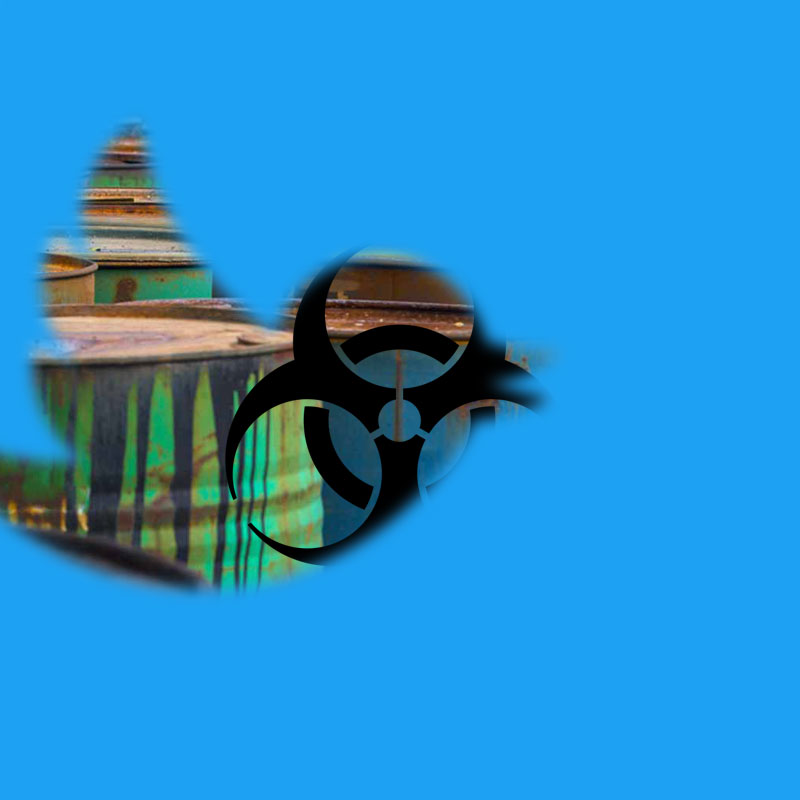
There are things companies can do on its own without ever asking for help. But here, Twitter admits that it's experiencing a problem it cannot solve by itself.
In its attempt to become better, Twitter is publicly saying that it has problems. CEO Jack Dorsey seriously acknowledges that the social media he founded has serious online harassment issues, abuse, hostility and also trolls.
In a series of threaded tweets, Dorsey wrote the company "didn't fully predict or understand the real-world negative consequences" of its global messaging and conversation service. He went on to say the company has "witnessed abuse, harassment, troll armies, manipulation through bots and human-coordination, misinformation campaigns and increasingly divisive echo chambers."
Dorsey asks for public's help in defining a metric of "conversational health" on Twitter.
He asked users for suggestions, saying that he wants to develop a system of metrics that would be used to determine what makes a Twitter conversation healthy. With the metrics, Twitter would diagnose the health of online conversations and can create a system that promotes more positive comments.
Clearly, Dorsey is waving the white flag. Twitter is becoming a toxic environment that plagues its users.
We’re committing Twitter to help increase the collective health, openness, and civility of public conversation, and to hold ourselves publicly accountable towards progress.
— jack (@jack) March 1, 2018
Twitter's attempt to solve this problem by asking others for help, is showing that people's behavior cannot be controlled. Humans are too complicated to be algorithmically guided into playing nice.
Twitter has recently been forced to face its epidemic of negativity, from Russian bots meddling with the 2016 U.S. President election to the spread of fake news. What's more, in terms of business, as a public company with investors, it's obvious that Twitter is facing its own backlash.
Previously, Twitter has several times tried to stop offensive comments. From removing the verified status of popular users who post racist comments, suspending users who engage in “violent extremism,” create guidelines and rules designed to curb the numerous incidents of online harassment and abuse, prohibiting offensive usernames and hateful images, as well as the banning of hate groups.
But it hasn’t been enough.
Dorsey's tweetstorm was an unexpected move. He just wanted to lay out his feelings on the situation:
What we know is we must commit to a rigorous and independently vetted set of metrics to measure the health of public conversation on Twitter. And we must commit to sharing our results publicly to benefit all who serve the public conversation.
— jack (@jack) March 1, 2018
His solution is to look for measurable data to work with. Data-driven help is what it thinks needed to understand the philosophical problem it's experiencing.
However, this can be difficult considering Twitter has millions of users that tweet millions of tweets, and that Twitter needs to make them play nice with each other. It should also be difficult since Twitter needs to do that without censoring any person or groups in particular.
For example, if Twitter imposes a social media health metric on some users, will it say an account is unhealthy because it retweets fake news? What should it do after that? Will Twitter ban that account? Would the metrics be limited on certain accounts only? Should it target keywords? What should it do to the accused person? What sort of punishment is necessary? And what if people can trick the system?
Punishing people can have a bad side effect to the company. They might turn around and complain that they've been treated poorly. No free speech, whatsoever.
What Twitter needs to know, is that diffusing an argument between humans by relying on data metrics may not translate well into the real-word.
There are a lot of questions that need to be answered, and Twitter has a lot of work to do.
